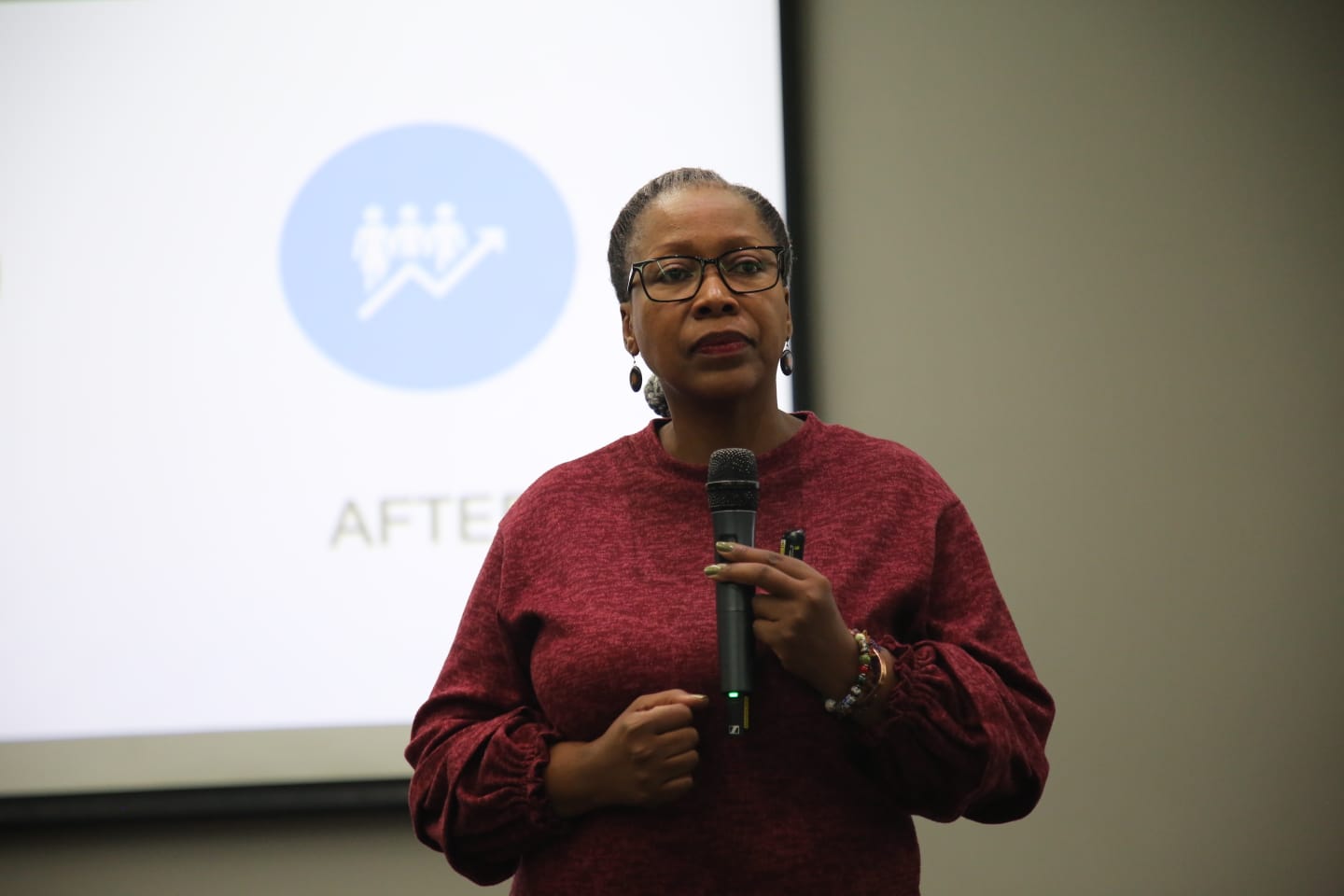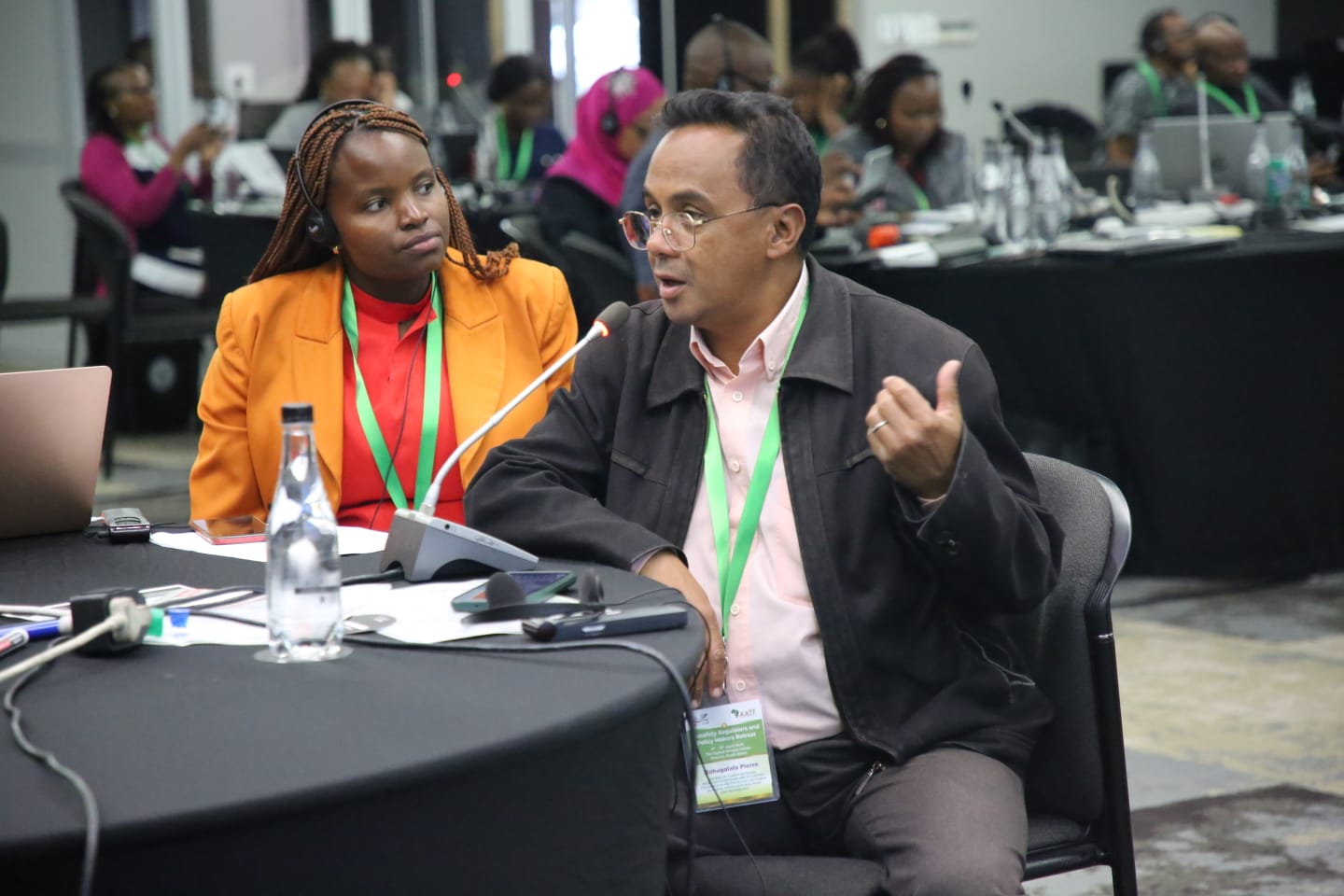
In the dynamic landscape of biotechnology regulation in Africa, the ability to effectively communicate during crises is indispensable. Yet, many organizations find themselves ill-equipped to navigate such challenges with confidence and precision. Crisis communication within the realm of biotechnology regulation demands a strategic blend of agility, accuracy, and trust maintenance, underscoring the imperative for proactive planning and engagement.
At the heart of effective crisis communication lies preparedness. Establishing a robust infrastructure, leveraging appropriate technologies, and facilitating timely, accessible communication to diverse audiences are fundamental. However, beyond technological solutions, the human factor is paramount. Credible spokespersons play a pivotal role in ensuring the credibility and trustworthiness of disseminated information.
These insights emerged during the second edition of the regulators retreat held in Pretoria, South Africa from 8-12 April 2024. Attended by regulators from 16 African countries, the retreat, organized by AATF through the Open Forum on Agricultural Biotechnology (OFAB), aims to foster deeper conversations on biosafety and enhance regulatory capacities across the continent. It serves as a crucial platform for regulators to tackle challenges collectively, exchange experiences, and collaborate toward creating an enabling environment for biotech research in Africa.
Agricultural biotechnology has frequently been viewed as a crisis because it introduces new concepts that are not widely understood by the public. The spread of disinformation and misinformation by opponents of the technology has put regulators in a difficult position, involving them in ongoing debates. According to Professor Firew Mekbib, President of the Ethiopia Society of Biotechnology and Chairman of the National Variety Release Committee in Ethiopia, this situation is likely to persist until scientific knowledge becomes more widespread and comprehensible.
Vitumbiko Chinoko, the OFAB Project Manager, emphasizes the importance of incorporating value-based messaging when communicating about the benefits of agricultural biotechnology. Rather than solely focusing on countering misinformation, it is crucial to communicate the advantages proactively and effectively, such as reduced pesticide usage and the ability to control persistent pests through breeding. By highlighting these benefits, experts can better educate the public and foster a more informed understanding of agricultural biotechnology.
Central to effective crisis communication is the targeted dissemination of pertinent information to stakeholders. This necessitates a profound understanding of communication channels and the empowerment of stakeholders through capacity building. Clear delineation of procedures and roles within a crisis communication team streamlines response efforts and mitigates panic, as highlighted by Ms. Beulah Mosupye, a crisis communication expert based in Pretoria, South Africa.
Crafting key messages and pre-drafting responses for various scenarios are foundational practices. besides, post-crisis evaluation facilitates learning and continuous improvement of communication strategies. Engaging with the media as a trusted partner not only upholds the integrity of shared information but also helps curb the propagation of misinformation.

‘‘In the context of biotechnology regulation, crisis communication transcends technical dimensions to encompass sociological frameworks. Both paradigms must be addressed” James Watiti, TELA regional advocacy Officer says. Employing language that resonates with stakeholders and addresses their concerns is imperative. Regulators must position themselves as accessible resources, bridging the gap between scientific advancements and community priorities, as emphasized during the retreat.
Biotechnology regulation often grapples with challenges such as politicization, misinformation, and opposition from diverse stakeholders. Addressing these issues necessitates a multifaceted approach, including education, engagement, and transparency. Highlighting the benefits of biotechnology, supported by scientific evidence, can foster understanding and acceptance among diverse audiences, says Mosupye.
In addition, embracing opportunities for innovation and economic growth within the biotechnology sector is paramount. Technologies like genome editing hold immense potential for collaboration between scientists and farmers, fostering sustainable agricultural practices and ensuring food security.
Effective crisis communication in biotechnology regulation in Africa demands a holistic approach that integrates technological solutions, human expertise, and strategic engagement. By fostering transparency, trust, and understanding, stakeholders can navigate challenges effectively and harness the full potential of biotechnology for societal benefit. Every crisis presents an opportunity for improvement and growth, and by embracing these challenges, experts can pave the way for a brighter future in biotechnology regulation.


















































































